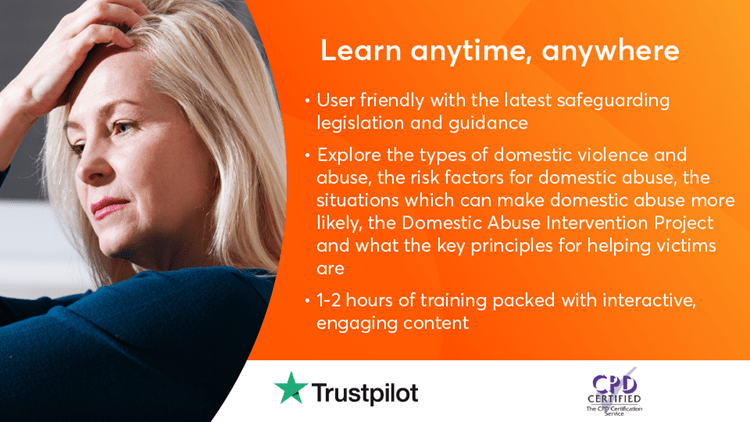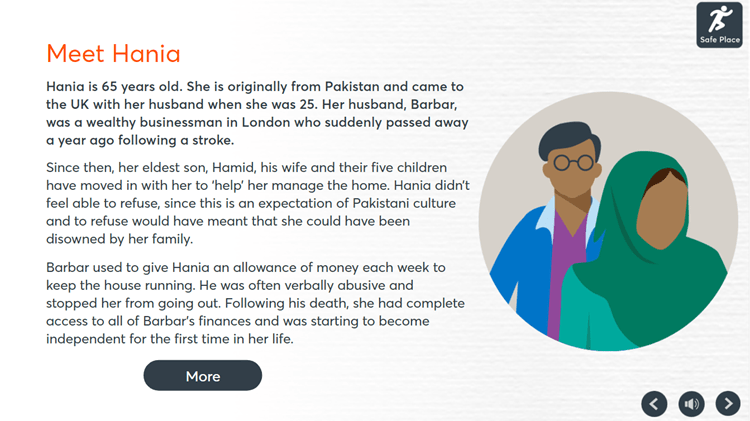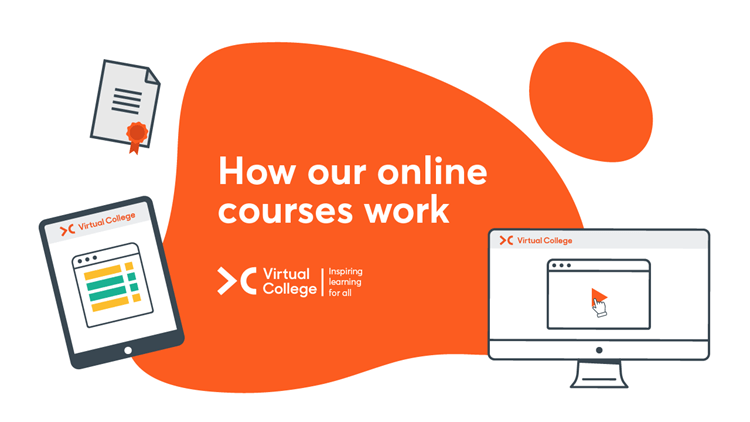Domestic Abuse & Violence Training Online Course
Formerly known as Awareness of Domestic Violence and Abuse this course explores the types of and risk factors of domestic violence and abuse, the physical and psychological effects and the behaviours displayed by an abusive person. In addition, learn about the MARAC process and the best practises for supporting those experiencing domestic violence.
Course Overview
Format
- Intermediate
- 1-2 Study Hours
- Online Study
- Self-Printed Certificate
Accreditation
- 5 CPD Points
- CPD Certified
Course description
This course covers a wide range of information and guidance for all those working with individuals, both child and adult, who are vulnerable to domestic abuse or suffering from it.
The modules in this product have been created with victims in mind and will inform learners about domestic violence, and how to support those experiencing it.
This wide-ranging domestic abuse training course is designed to give the maximum amount of information and guidance to those who are working with victims of domestic abuse or those who may be vulnerable to domestic abuse.
This domestic violence awareness course covers a wide range of topics such as:
- Types of domestic violence and abuse
- Risk factors for domestic abuse
- Situations which can make domestic abuse more likely
- The Power and Control Wheel
- The Domestic Abuse Intervention Project
- Key principles for helping victims
- The impact of domestic abuse on children, young people and vulnerable adults
- Barriers to seeking help, and how to address them
- The MARAC Process(Multi-agency Risk Assessment Conferences) and the Independent Domestic Violence Advisor (IDVA)
- The government’s Violence Against Women And Girls Strategy (2010)
- The importance of confidentiality but also effective information sharing
This domestic abuse awareness course also includes infographics, interactive scenarios and challenges to engage learners whilst giving them the ability to check their knowledge as the course proceeds.
Throughout this domestic abuse training learners are also provided with statistics around domestic violence, best practice guidance for helping individuals and principles for working with domestic abuse victims.
Why take this domestic violence training course?
Professionals who work closely with children, young people and other potentially vulnerable individuals need a good level of domestic abuse awareness so they are able to identify victims and help them to get out of the abusive situation. This is what our Domestic Violence Awareness course is designed to educate people about.
The Virtual College team worked closely with a subject matter expert with more than 30 years of experience supporting domestic abuse victims to create the content of the course.
After taking this understanding domestic abuse training course, learners will be able to:
- Explain what domestic violence and abuse is and identify who is at risk
- Describe the physical and psychological effects of domestic violence and abuse
- Classify the behaviours displayed by an abusive person
- Explain the impact of domestic violence and abuse on children, young people and vulnerable adults
- Outline the multi-agency risk assessment conference (MARAC) process
- Describe best practices for supporting those experiencing domestic violence
Who is this course for?
The Virtual College Understanding Domestic Abuse Training course is appropriate for anyone who works closely with children or vulnerable adults. This could be social workers, teachers, healthcare staff or youth workers, for example.
Course accreditation
The content of this course has been independently certified as conforming to universally accepted Continuous Professional Development (CPD) guidelines.
Certification
After completing this course, you will be able to download a Virtual College certificate, which you can print for your records.
Course duration
The Domestic Violence Awareness course should take one to two hours to complete, but our e-learning courses are entirely self-paced, so this depends on your individual learning speed.
Entry requirements
There are no specific entry requirements for this online course.
You will learn
- The physical and psychological effects of domestic violence and abuse
- Outline the behaviours displayed by an abusive person
- How to explain the impact of domestic violence and abuse on children, young people and vulnerable adults
- The MARAC process
- How to describe best practices for supporting those experiencing domestic violence
Who is it for?
Roles including:
- Social workers
- Youth workers
- Health workers
- Nurses
- Safeguarding Teams






















